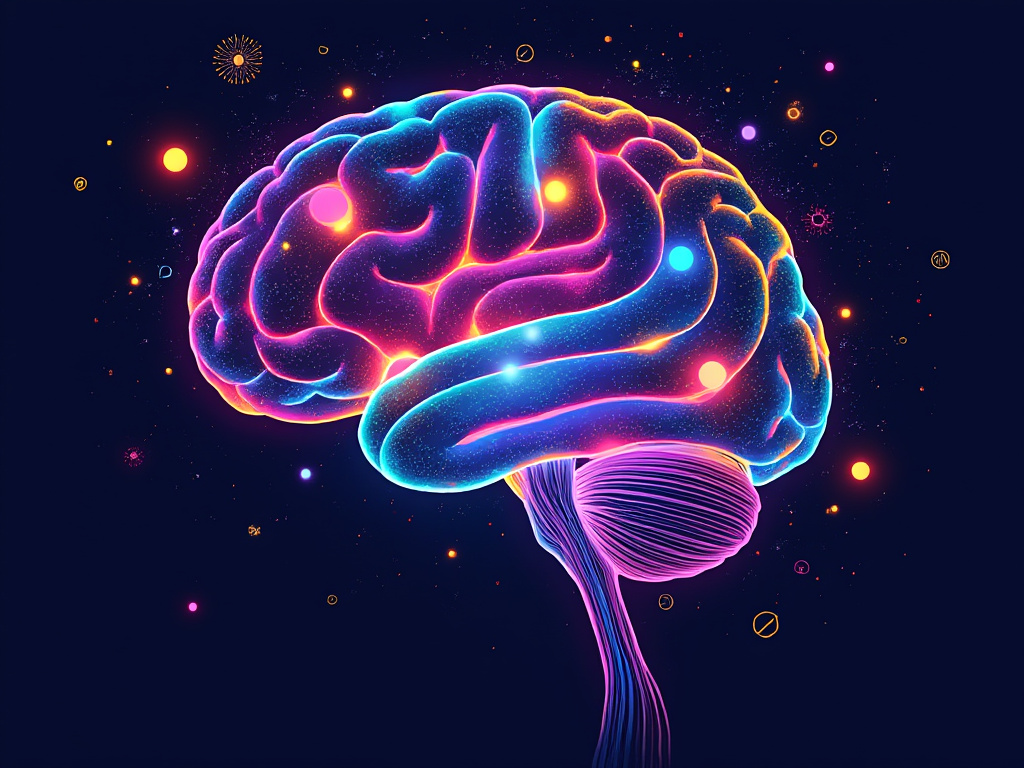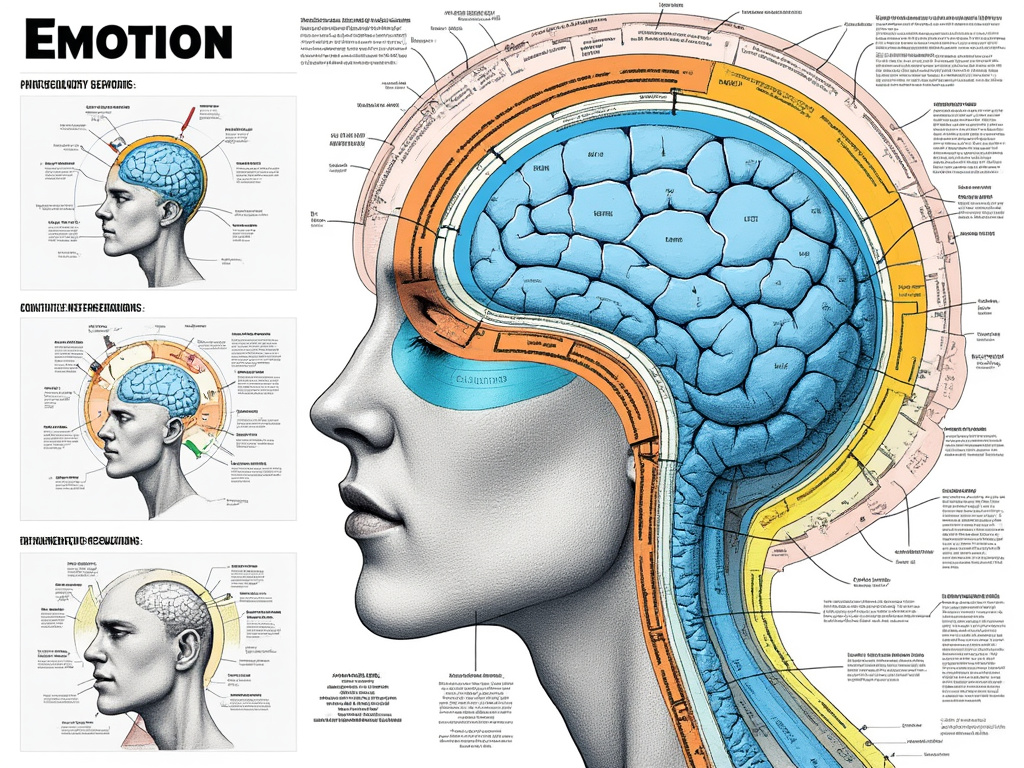Emotional Psychology: The Science of Our Inner World
Emotions color our lives, shape our decisions, and influence our relationships. But what are these powerful forces driving so much of our human experience? This article delves into the fascinating realm of emotional psychology, exploring how our feelings arise, impact our thoughts and behaviors, and can be effectively managed for greater well-being.
Understanding Emotions: A Complex Landscape
Emotional psychology is a branch of psychology dedicated to unraveling the mysteries of human feelings. It explores how emotions emerge, influence our mental processes and actions, and can be regulated for optimal functioning. However, defining emotions themselves has proven to be a complex task.
As noted in the Handbook of Psychology, “The attempt to understand human emotions has been split by two apparently contradictory tendencies. On the one hand, emotion as a topic has been traditionally part of any psychology of mind—it was not possible to try to explain people without explaining emotion. On the other hand, there has been from the beginning a lack of agreement as to what exactly is meant by ’emotion,’ nor is there any discernible centripetal movement toward a consensual definition in contemporary thought.”

This quote highlights the ongoing debates and challenges within the field. Despite these complexities, researchers have made significant strides in understanding the nature and function of emotions.
The Components of Emotion

Emotions are multifaceted experiences comprising several key elements:
- Physiological responses: bodily changes like increased heart rate or sweating
- Cognitive interpretations: our thoughts and appraisals of situations
- Behavioral expressions: facial expressions, body language, and actions
These components create our emotional experiences, influencing how we perceive and interact with the world around us.
The Power of Positive Emotions: The Broaden-and-Build Theory
One influential theory in emotional psychology is Barbara Fredrickson’s broaden-and-build theory. This theory suggests that positive emotions have far-reaching effects beyond just making us feel good in the moment.

According to Fredrickson, positive emotions are “vehicles for individual growth and social connection: By building people’s personal and social resources, positive emotions transform people for the better, giving them better lives in the future.”
The broaden-and-build theory proposes that positive emotions:
- Broaden our thought-action repertoires
- Build enduring personal resources
- Enhance resilience
- Promote overall well-being
This perspective highlights the adaptive value of positive emotions, suggesting that cultivating positive experiences can lead to long-term benefits in various aspects of our lives.
Emotional Intelligence: A Key to Success
The concept of emotional intelligence (EI) has gained significant attention in recent years, particularly in educational and professional settings. EI refers to the ability to recognize, understand, and manage one’s own emotions and to recognize, understand, and influence the emotions of others.
A study by Li and Xu (2019) examined the relationship between trait emotional intelligence (TEI) and classroom emotions among Chinese English as a Foreign Language (EFL) learners. The researchers found that students with higher EI experienced “less anxiety and more enjoyment in their learning processes.”

This finding underscores the potential benefits of cultivating emotional intelligence in educational settings and beyond. By developing our EI, we can enhance our ability to navigate social interactions, manage stress, and achieve personal and professional success.
The Rise of Positive Psychology
While traditional psychology has often focused on addressing mental health problems, positive psychology takes a different approach. As explained by Wang et al. (2021), positive psychology aims “to advocate a shift in the focus of psychology from a mere concern with fixing the negative and problematic things in life to developing positive qualities.”
This shift in focus has led to increased research on topics such as:
- Happiness and well-being
- Resilience and grit
- Flow and optimal experiences
- Character strengths and virtues

By understanding and cultivating positive emotions, we may be able to enhance our overall quality of life and build stronger, more fulfilling relationships.
Practical Applications of Emotional Psychology
The insights gained from emotional psychology research have numerous practical applications in our daily lives:
- Emotional Regulation: Learning techniques to manage and control our emotions effectively, such as mindfulness practices or cognitive reframing.
- Enhancing Relationships: Using emotional intelligence to improve communication and empathy in personal and professional relationships.
- Stress Management: Applying positive psychology principles to build resilience and cope with life’s challenges.
- Personal Growth: Leveraging the broaden-and-build theory to cultivate positive emotions and expand our personal resources.
- Educational Settings: Incorporating emotional intelligence training into curricula to improve student well-being and academic performance.
Conclusion
Emotional psychology offers valuable insights into the complex world of human feelings. From understanding the broaden-and-build theory to exploring the role of emotional intelligence in various aspects of life, this field provides tools and knowledge to help us navigate our emotional landscapes more effectively.
As we unravel the mysteries of emotions, we open up new possibilities for personal growth, improved relationships, and enhanced well-being. By embracing the challenges and opportunities presented by our emotional experiences, we can harness the power of our feelings to lead richer, more fulfilling lives.
Resources
Fredrickson, B. L. (n.d.). The Role of Positive Emotions in Positive Psychology: The Broaden-and-Build Theory of Positive Emotions.
Freedheim, D. K., & Weiner, I. B. (n.d.). HANDBOOK of PSYCHOLOGY: VOLUME 1, HISTORY OF PSYCHOLOGY.
Li, C., & Xu, J. (2019). Trait Emotional Intelligence and Classroom Emotions: A Positive Psychology Investigation and Intervention Among Chinese EFL Learners. Frontiers in Psychology, 10. https://doi.org/10.3389/fpsyg.2019.02453
Wang, Y., Derakhshan, A., & Zhang, L. J. (2021). Researching and Practicing Positive Psychology in Second/Foreign Language Learning and Teaching: The Past, Current Status and Future Directions. Frontiers in Psychology, 12. https://doi.org/10.3389/fpsyg.2021.731721
Further Reading
Lyubomirsky, S., King, L., & Diener, E. (2005). The Benefits of Frequent Positive Affect: Does Happiness Lead to Success?







